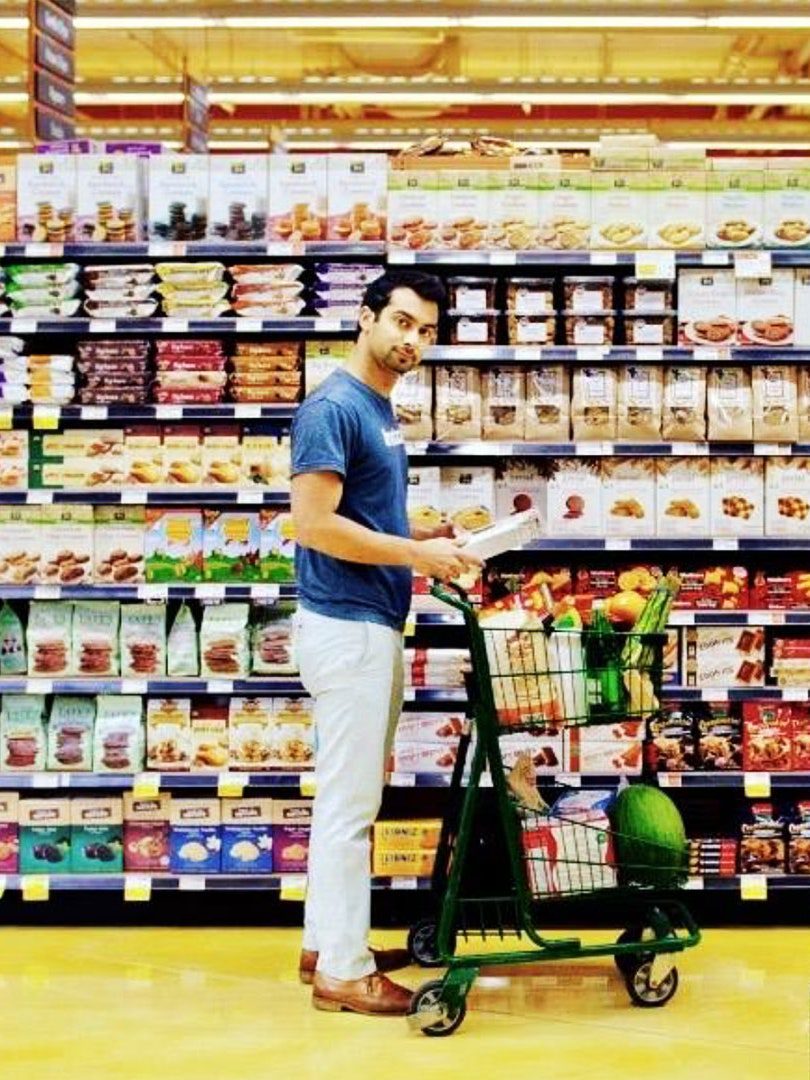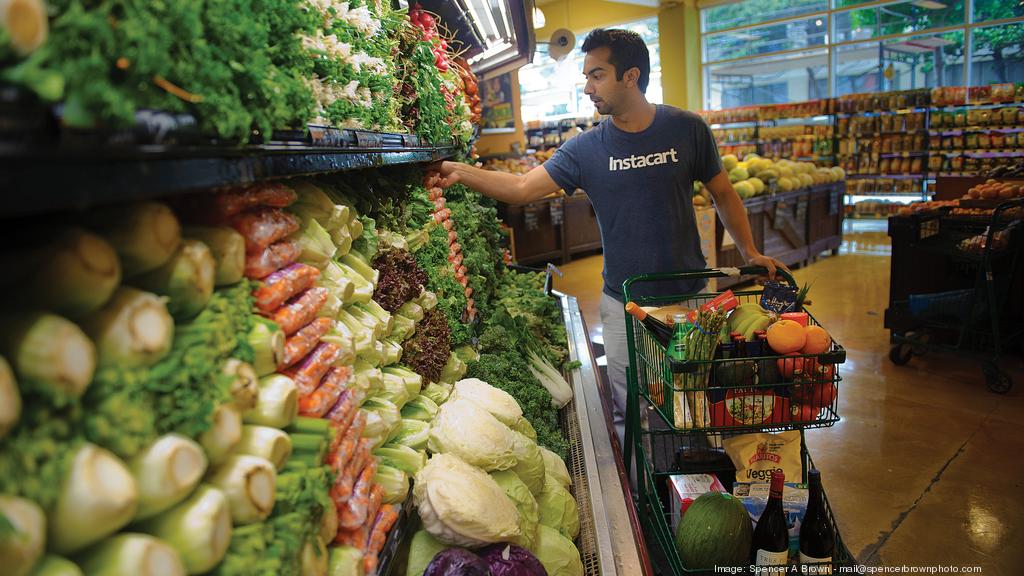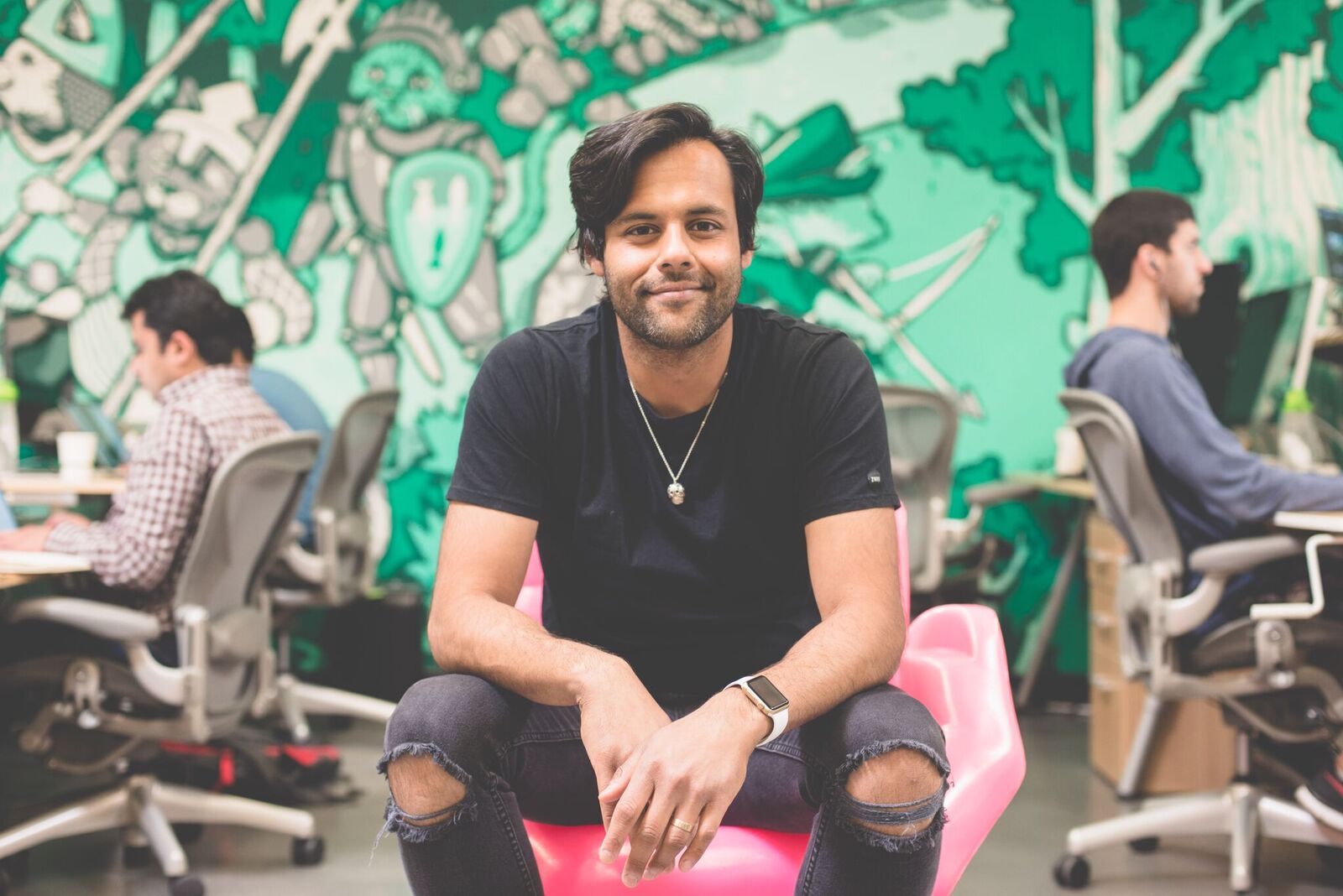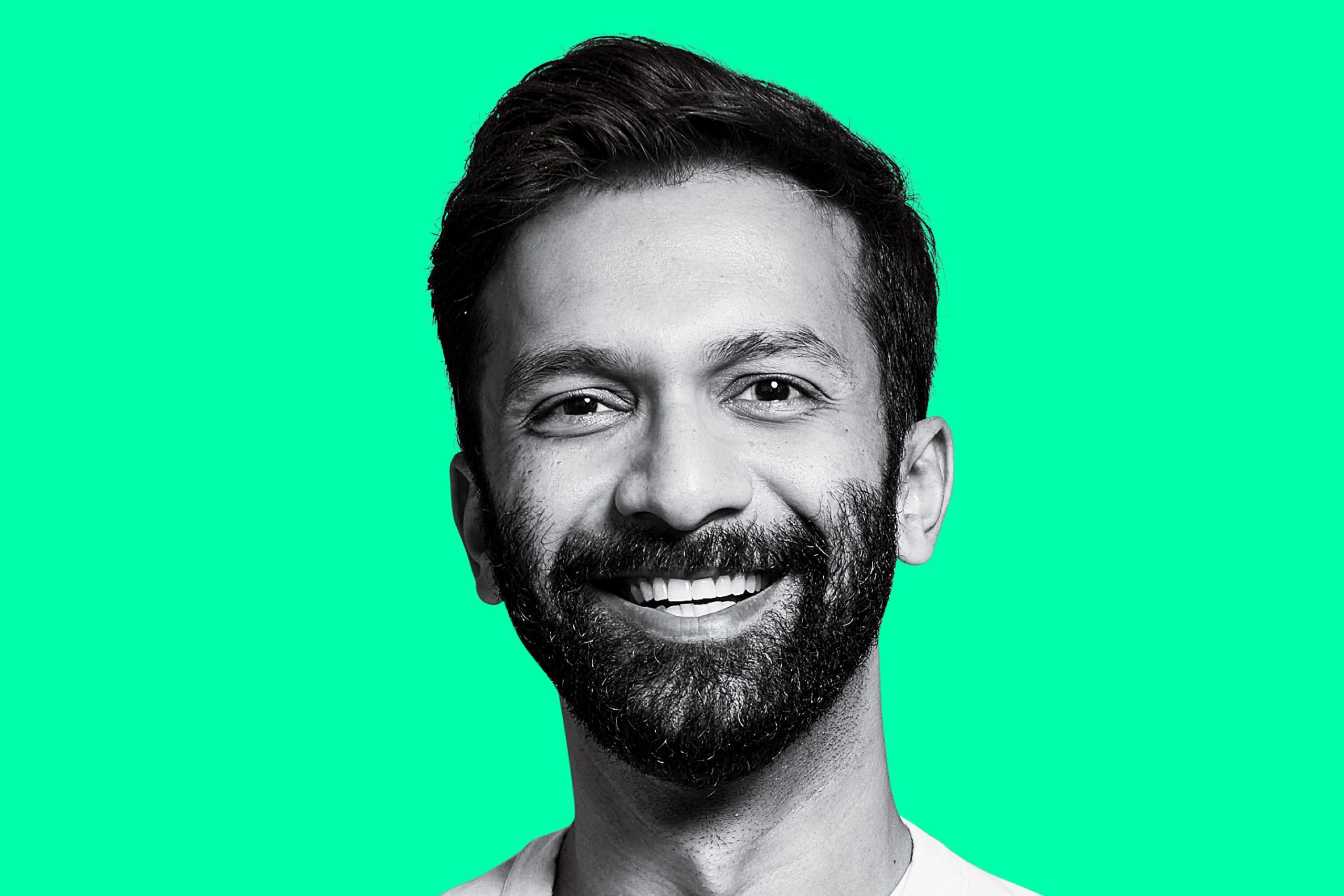(November 5, 2021) Early on during the COVID-19 pandemic the world went into a lockdown and uncertainty prevailed in terms of accessibility to essentials like groceries and medicines. That’s when a host of apps and services stepped in to help ease the lives for those with means. One such app that emerged in the US was Instacart, founded by Indian American entrepreneur Apoorva Mehta. The grocery delivery and pick-up service offers services in the US and Canada via a website and mobile app and allows customers to order groceries using personal shoppers.
Though launched in 2012, the service found a huge uptake during the pandemic with several people opting to have their groceries and essential delivered to them keeping in mind social distancing and lockdown norms. Backed by marquee investors such as Sequoia Capital, Andreessen Horowitz, Khosla Ventures, Valiant Capital, and D1 Capital Partners, Instacart is today valued at over $39 billion and this Global Indian was included in the Forbes 30 Under 30 list in 2013 and was included in the Time100 Next in 2021.

The lad from Jodhpur
Mehta was born in 1986 in Jodhpur before his family moved to Libya shortly after. He spent a majority of his childhood in Libya, before moving to Canada with his family at age 14. Here he graduated from University of Waterloo in Electrical Engineering in 2008. Incidentally, Mehta had an avid curiosity in technology. In an interview with LA Times, he said, “Everything from atoms, all the way to what you see on a computer when you go to Google.com, I wanted to learn everything in between.”
He began his professional journey as a design engineer at Blackberry before moving on to Qualcomm and then finally Amazon. While at Amazon, he worked as a supply-chain engineer in Seattle before quitting and relocating to San Francisco to branch out on his own. His goal was to try a bit of everything to finally figure out what it was that truly interested him. After two years at Amazon, he decided that he didn’t feel challenged any longer and decided to move on. What his jobs did teach him, he said, was that he liked to build software, and he wanted to be challenged.

Serial entrepreneur
A serial entrepreneur of sorts, he founded 20 startups within a span of two years, but each of them failed. These included an ad network for social gaming companies and even a social network specifically for lawyers. Truth be told, Mehta didn’t know much about any of these subjects, but he liked putting himself in a learning position and try to solve existing problems. His experiences with these startups taught him a valuable lesson: it was important that he solve a real problem that he actually cared about.
This time round, he put in some thought into the issues that he himself faced on a day-to-day basis. That’s when he realised that there was a huge gap in one area. The young entrepreneur lived in San Francisco, didn’t own a car, but loved to cook. Often times, he would fail to get the groceries he wanted in his neighbourhood and would end up commuting some distance to get what he wanted. “It was 2012, people were ordering everything online and even watching movies online. But the one thing that people did every week was still being done the old-fashioned way: buying groceries,” he said in an interview.

Road to success
He came up with the idea for Instacart, an on-demand grocery delivery platform. Within a month he came up with a crude code for an app that could be used by people who needed groceries delivered to their doorsteps as well as a version for personal shoppers.
He finally founded Instacart in 2012 and struck gold with the delivery services startup that has gone on to become a household name in America. Incidentally, the year he founded Instacart, Mehta tried to apply for funding through Y Combinator, but missed the deadline. He eventually managed to land a meeting with a Y Combinator partner by sending across a pack of beer using Instacart and was later admitted.
Though the idea for an on-demand grocery service wasn’t new, Mehta was convinced that Instacart would click. Smartphones had become ubiquitous and people were finally comfortable carrying out financial transactions online. Mehta managed to tie up with reputed grocery chains such as Whole Foods, Target, Safeway, Loblaws, Albertsons, Kroger, Costco, and CVS.
Funding began to pour in and some reputed marquee investors came on board, turning the tide for the startup. As the pandemic broke, Instacart saw a drastic increase in profits as more and more customers began to rely on its services during the ensuing lockdowns and virus scares. In fact, in the early days of the pandemic, the service saw a tidal wave of orders and there came a point when Instacart didn’t have enough shoppers and had to go on a hiring binge in March 2020 to bring on board an additional 300,000 gig workers.
At 33, Mehta went on to become one of the youngest billionaires in history. He believes that most startups fail and entrepreneurs who launch a company for the sake of it are even more likely to fail. He said, “The reason to start a company is to bring a change that you strongly believe in.” And Mehta truly believes that smartphones are the supermarkets of the future.
Follow Apoorva Mehta on LinkedIn and Twitter


